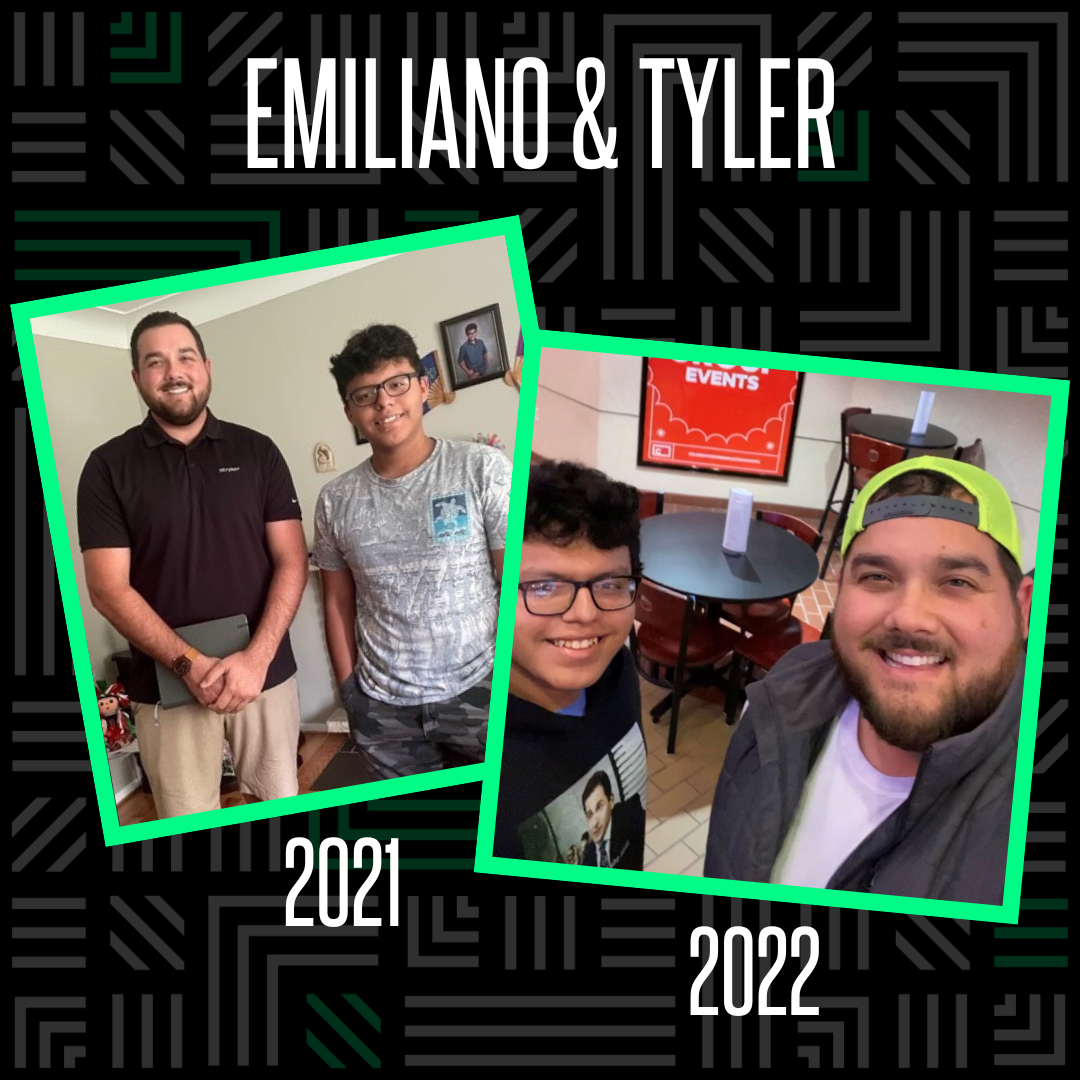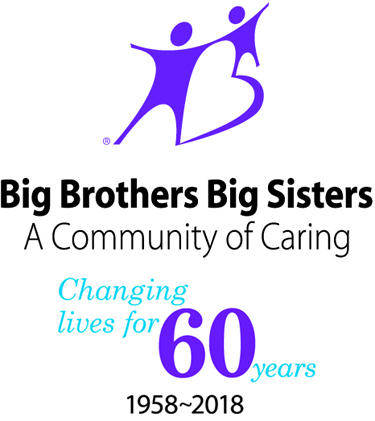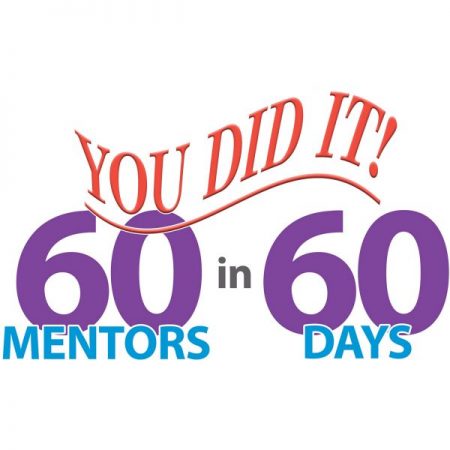Could you help?
Big Brothers Big Sisters aims to match 300 more children in 2017It doesn’t take much to make a huge difference in the life of a local child. A couple of hours, just twice a month is enough to increase the odds that a child will succeed in school and in life.
Big Brothers Big Sisters’ goal is to provide a mentor to an additional 250 children in Kalamazoo County and an additional 50 children in Calhoun County in 2017. The goals are within reach, but help is needed to ensure the target is achieved. The agency is asking for men, women, families, and couples to come forward to commit to mentor a local child for at least one year. “Many people don’t realize that families and couples can volunteer together,” Kuchta says. “This is a fantastic way to make a positive difference in the life of a local child – do what you normally do, just do it together.” What would I do with a Little?
These are just a few of the possible activities for Big/Little matches. In addition, the agency and community partners often provide free tickets to sporting events, concerts and other cultural events. Who can be a Big?
Some of the characteristics of Bigs are:
In short, just about anyone can be a Big! You simply need to want to make a positive impact on a local child, agree to see your Little at least twice a month for two hours each time for a minimum of one year. What difference will I make? While each match and each child is different, the latest Youth Outcomes Survey Report shows that of Littles who’d been matched at least a year:
Every potential Big attends an orientation session at the Big Brothers Big Sisters’ office, is interviewed by a Big Brothers Big Sisters’ staff member, submits personal references, and provides documentation for local, state, and national database searches in order to ensure child safety. |

 “Kids are looking for someone to hang out with them, listen to them, talk to them. Bigs can teach their Littles a new game, cook a meal, or just take a walk and talk,” says Amy Kuchta, Big Brothers Big Sisters’ CEO. “We see that simple outings often have the greatest impact on children’s lives, now and in the future.”
“Kids are looking for someone to hang out with them, listen to them, talk to them. Bigs can teach their Littles a new game, cook a meal, or just take a walk and talk,” says Amy Kuchta, Big Brothers Big Sisters’ CEO. “We see that simple outings often have the greatest impact on children’s lives, now and in the future.”


